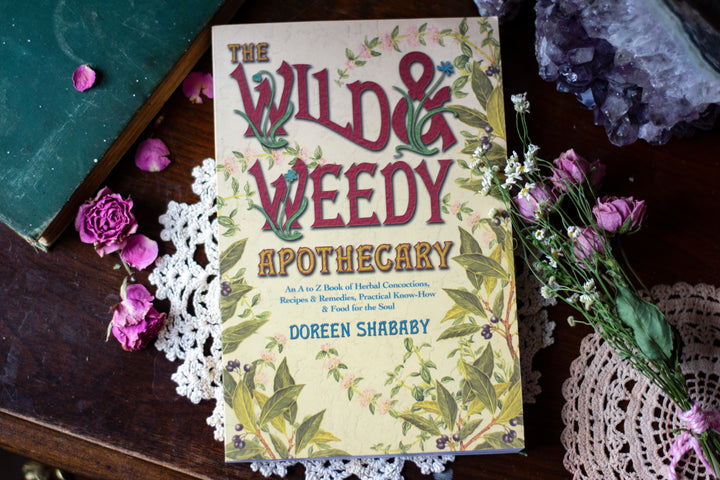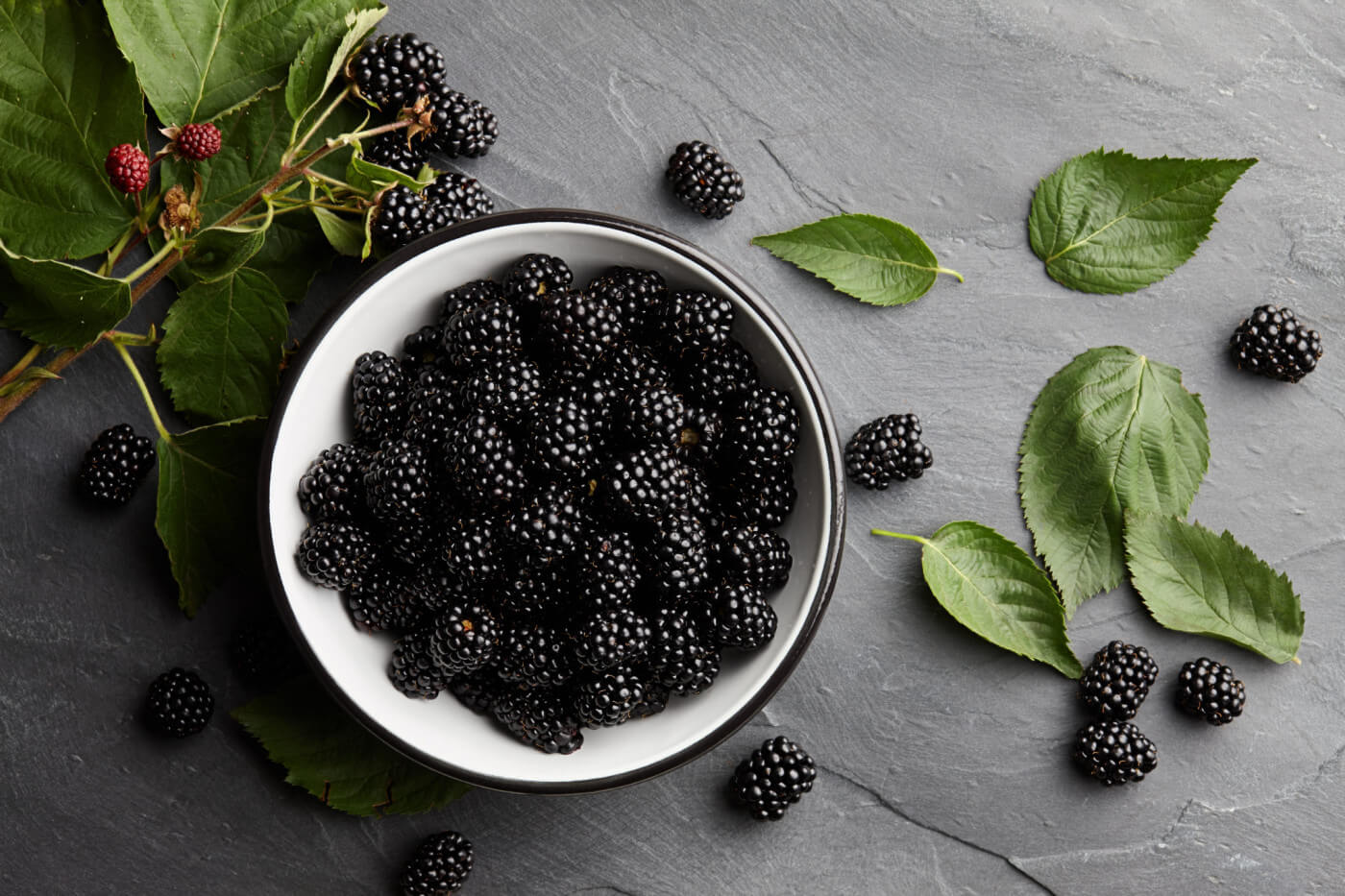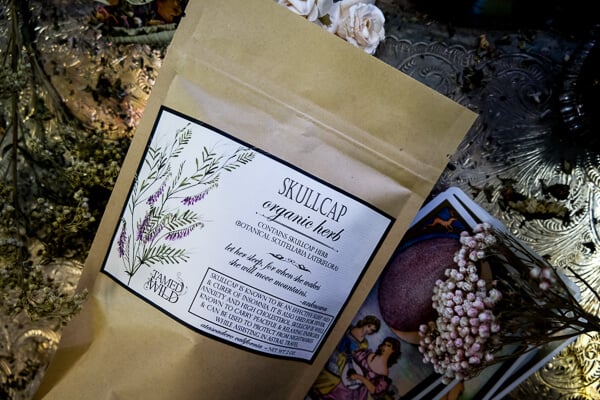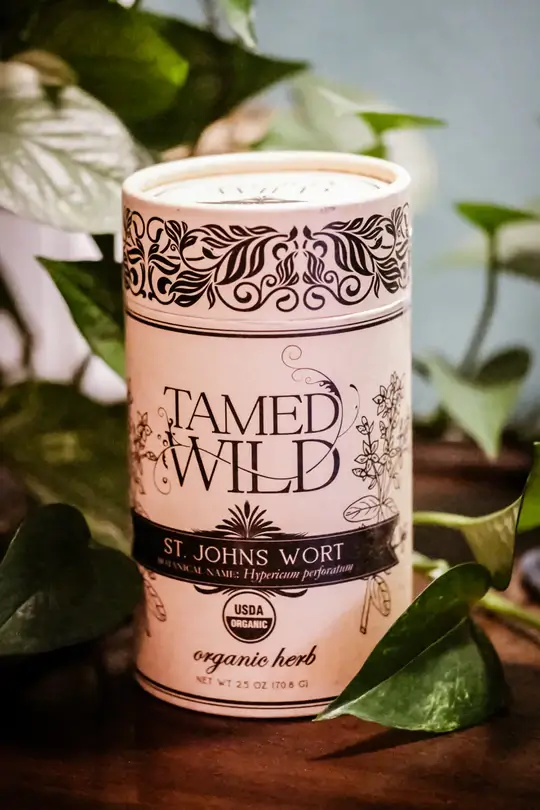The blackberry, also known as bramble, dewberry, or thimbleberry, is an edible fruit produced by many species in the genus Rubus in the family Rosaceae. It’s a tall plant that grows 5-8 feet high. It contains single shrubs growing up to eight feet wide in thickets of many plants. Thorny canes grow to produce a white flower with five petals and a deep violet to black colored berry fruit. The leaves, root, bark, and berries are the most commonly used parts of the plant. The berries should be harvested as soon as they ripen, which is when they turn black.
Worldwide, Mexico is the leading producer of blackberries, with nearly the entire crop being produced for export into the off-season fresh markets in North America and Europe. In small parts of the western U.S., the term caneberry is used to refer to blackberries and raspberries as a group rather than the term bramble.
The usually black fruit is not actually a berry in the botanical sense of the word—berries are simple fruits stemming from one flower with a single ovary. Botanically, blackberries are deemed an aggregate fruit since they’re derived from one flower with more than one ovary.
Healing Properties & Other Uses
Dating back over 2,000 years, medicine made from the blackberry plant has been hailed as a cough suppressant and fever reducer as well as being used for lung infections, bowel issues, bug bites, and boils. As an herbal medicine, blackberry leaf can be infused into tea, and used to create a tincture for throat and mouth ailments such as sore throat or mouth ulcers, or for gastric distress and to prevent stomach ulcers. It has also been known to relieve toothaches.
Cultivated blackberries are known for their significant contents of dietary fiber, vitamin C, manganese, and vitamin K. According to the Healthline website, due to their high amount of vitamin C, blackberries are also said to shorten the common cold, reduce free radicals in the body, as well as provide ample amounts of antioxidants.
Blackberries can be used fresh, dried, or preserved in a jelly, jam, wine, liqueur or in any number of foods including being mixed with other berries and fruits for pies, crumbles, or other desserts. Blackberries are also used to produce candy.
Magickal Lore & Uses
Blackberry leaves are commonly used for protection, prosperity, and healing. Often referred to as the Protector, when collected under certain phases of the moon (typically waning), blackberries were believed to protect against spells, curses, and other spiritual attacks and were used in this way in rituals. They are also excellent additions to faerie and wildlife gardens as they provide good shelter.
It’s also used in magick and witchcraft to return evil back to sender or to remove evil spirits. Both the leaves and berries are sacred to the goddess Brigid and can be used as an offering or in an invocation. The thorny bushes were often planted around villages and homes to protect against intruders and enemies. Blackberries also have a correspondence with the Wiccan sabbat of Yule.
The Witchipedia website states that according to some English folklore, passing under the archway formed by a bramble branch will cure or prevent certain afflictions, including hernias, ruptures, pimples, and boils. Celtic lore said that blackberries were fae fruit, and therefore, bad luck for people to consume (although blackberry wine was ironically still okay to drink).
According to some Christian lore, Christ’s crown of thorns was made of brambles, and thus the berries were turned from red to black, making them taboo to eat. Another tale says that Lucifer landed in brambles when he was cast down from heaven and then he cursed them so that they would appear “ugly.” It is said that he hates them so much, he stomps on them on Michaelmas Day (September 29), and after that, it’s unlucky to harvest them. Other folklore says this occurs on Halloween.
Blackberries were considered protective against earthbound spirits and vampires. According to folklore, if planted near a home, a vampire could not move past a blackberry bush without first counting each berry, branch, and thorn. They would become so distracted and forget what they were doing, or they would count for so long that the sun would be rising and the blood-sucker would be forced to retreat. Even when gripped with bloodlust, a vampire was said to be captivated by a blackberry bush.
Various parts of the blackberry plant have different correspondences. The thorny branches are ruled by Aries and fire and are used for protection. The vines can be woven into protective wreaths, especially in combination with Rowan and Ivy. The thorns and leaves can also be added to mojo bags and other preparations for general household protection and prosperity.
Blackberry leaves are ruled by the planet Venus, the astrological sign Scorpio, and the element of water, and are used for many purposes related to female fertility. The tea from the leaf is said to work as a mild aphrodisiac. The berries themselves are feminine in nature and ruled by the element of Earth. They represent an abundant harvest and can be used in spells and magickal cooking for prosperity.
Blackberries have an abundance of uses and healing properties, but are commonly used as an ingredient in money or healing spells, to burn in a loose incense blend, added to ritual baths, used to dress spell candles, stuff poppets, or as a casting herb.
Wild & Weedy Apothecary by Doreen Shababy

$ 19.99
"Those who dare delve into this book may emerge with catnip on their breath, mud on their knees, wild fruit juices on their hands, and a mysterious, satisfied smile―the very image of a wild and weedy woman. Come on!" ―Susun S.… read more
** While we have provided suggestions on how to use the versatile, magickal Blackberry, please keep in mind results may vary per individual and always use caution when trying a new herb. Enjoy our Blackberry recommendations and folklore, and perhaps explore your own ways to incorporate it into your daily and magickal lives!**








